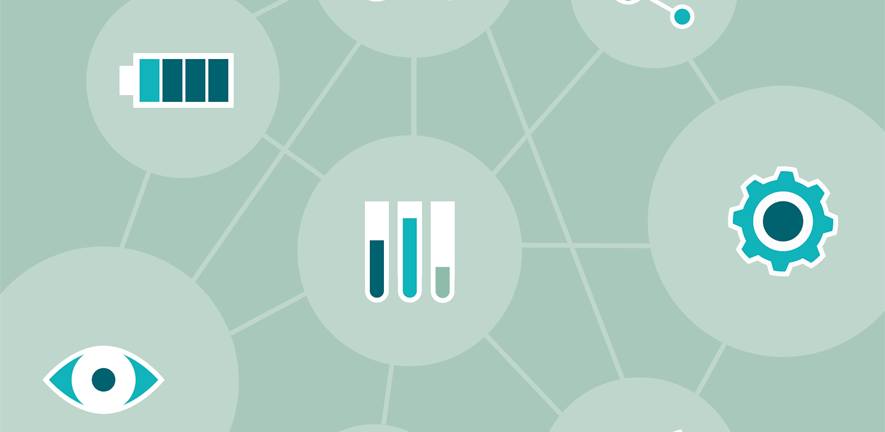The Minister for AI and Digital Government, Feryal Clark MP, visited the University of Cambridge on the day the Government announced their new AI Action Plan.
Feryal Clark MP was welcomed to the University’s DAWN supercomputer facility, located on the University’s West Cambridge Innovation District, by Pro-Vice-Chancellor for Research, Professor John Aston, and Dr Paul Calleja, Director of Research Computing Services at the University.
Together they toured the DAWN supercomputer and met with representatives from academia and industry partners who have ambitious plans for AI and supercomputing in Cambridge. The visit comes as the Government opens a UK-wide call for early access to the new AI Research Resource service, of which DAWN is part of.
Now up and running in its state-of-the-art Data Centre in Cambridge, DAWN is currently the most powerful AI supercomputer in the UK, with more than a thousand top-end Intel graphics processing units (GPUs) operating inside its server stacks. The supercomputer’s bespoke innovations in hardware and software result from a long-term co-design partnership between the Cambridge Open Zettascale Lab, directed by Dr Paul Calleja, and global tech leaders Intel and Dell Technologies, with support from the UK Atomic Energy Authority (UKAEA), StackHPC and UK Research & Innovation.
The Vice-Chancellor, Professor Deborah Prentice, also welcomed the Minister to the Wolfson Brain Imaging Centre on the Cambridge Biomedical Campus, where they were able to learn about the impact of DAWN and AI on patients, with a demonstration of the advances in healthcare.
Feryal Clark MP later toured the University’s latest brain imaging scanner and heard from leading University researchers who are utilising DAWN supercomputing capabilities and AI to improve patient outcomes, and develop new and innovative treatments.
The Minister moved on to meet with Professor Zoe Kourtzi, whose team are working on improving the early diagnosis of Alzheimer’s, for which AI can help develop tools by combining diverse data sources that provider a richer picture of a patient’s brain health. Professor James Brenton also presented on his work developing a comprehensive clinical decision-making support platform that integrates and refines cancer patient data from multiple sources into a single, much more manageable tool. Feryal Clark MP further heard from researcher Bill McGough, who is working on a project to develop an AI tool to detect renal cancers in non-contrast and low-dose CT, to enable kidney screening in the UK.
The University of Cambridge is home to world-leading researchers in AI, to students enthusiastic about the potential of AI, and to an innovation ecosystem that is successfully translating this research into innovative new start-ups and creating jobs. The University’s flagship AI@Cam is harnessing the University’s interdisciplinary research to drive a new wave of AI innovation that delivers public value.






